A visit to statue of Tokyo comedian and COVID casualty Ken Shimura still brings smiles to hometown
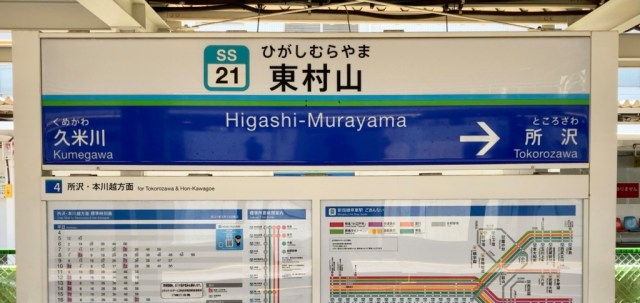
Ken Shimura put Higashimurayama on the map, and now Higashimurayama has put up a statue of him.
Like a number of other train stations in Japan, Tokyo’s Higashimurayama Station has a special chime that plays on its platform when trains are arriving or departing. The tune is Higashimurayama City’s local theme song, “Higashimurayama Ondo” (“Higashimurayama March”), but it’s not familiar only to nearby residents. People across Japan know the song, largely thanks to a cover performed by Ken Shimura, one of Japan’s most popular comedians, who was born and grew up in the area.
▼ The Higashimurayama Station chime
西武鉄道 東村山駅の発車メロディ「東村山音頭」!きょうから復活とのことで さっそく確認してきました。予想通り、多くの国分寺行きが発車する 国分寺線2番ホームが「ひがっしむ~らや~ぁま~ ♪♪♪」でした。 pic.twitter.com/M7wu8u3uTw
— 10月の列車 (@oct_rain1259) July 14, 2020
However, after nearly 50 years in show business, Shimura passed away in March of 2020 at the age of 70, becoming arguably Japan’s highest-profile loss of life to COVID-19. Recently, Higashimurayama saluted its hometown hero by erecting a life-size bronze statue of the comedian, and we took a ride out to see it for ourselves.
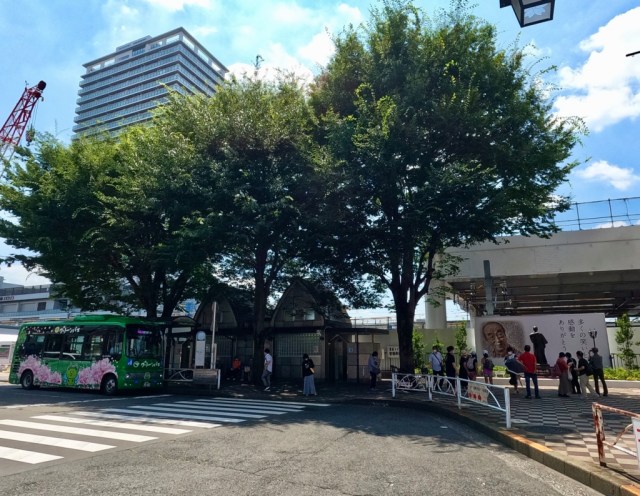
The statue is east to find. Right outside the station’s east exit is a traffic rotary, and on one side of it is a row of three Japanese zelkova trees which were planted in 1977 as Shimura’s cover of “Higashimurayama Ondo” was sweeping the nation. They’ve become known as the “Ken Shimura Trees,” and practically within the shade Of their boughs is where you’ll find the Ken Shimura statue.
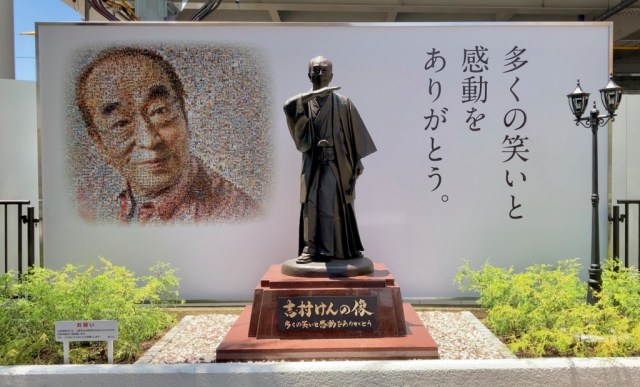
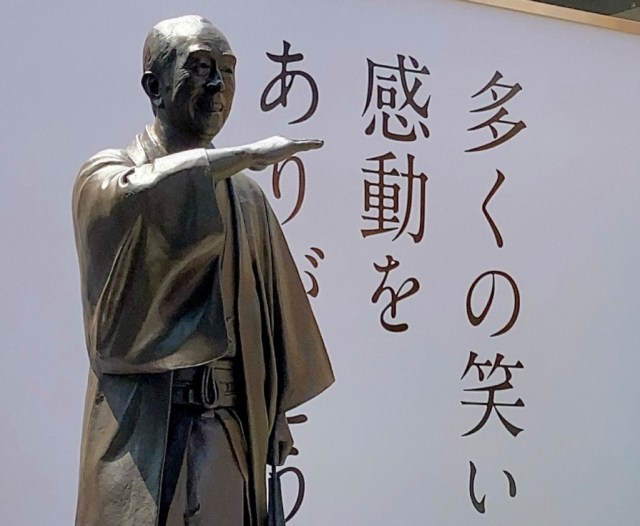
One early concept had been to portray Shimura wearing the jeans and Yokosuka jacket that were his preferred fashion in his day-to-day life. Ultimately, though, the designers decided to dress his likeness in a kimono instead. The statue is going to be a permanent part of the neighborhood, and so they wanted to give a more Shimura timeless look than a Yokosuka jacket, a garment that’s gone in and out of vogue multiple times over the past 50 or so years. Seeing a comedian wearing a kimono isn’t so shocking in Japan either, as formal traditional dress is often worn for TV specials at the end of the year or on other important occasions.
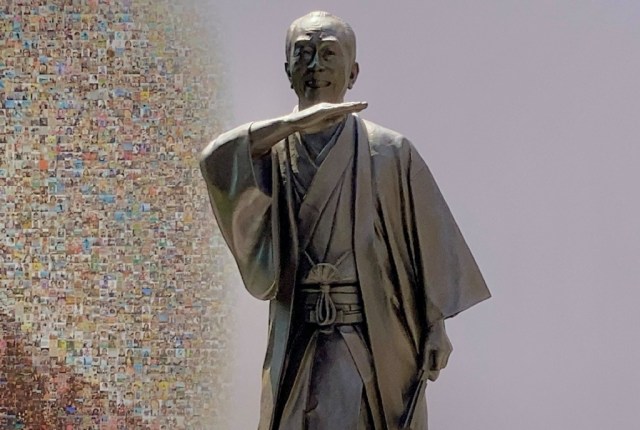
Of course, with Shimura having worked in comedy for roughly half a century, a certain amount of silliness is entirely appropriate, and so the statue has him doing his trademark “aiiin” pose with which he regularly punctuated his gags. To get his proportions as close to Shimura’s as possible, the sculptor asked the comedian’s older brother, who’s of a similar build, to act as a model during the design phase.
Behind the statue, which was created after a crowdfunding campaign that raised 27 million yen (US$244,000) from 6,600 donors, is a wall with a composite photo of Shimura, plus a message from the city saying “Thank you for all the smiles and good feelings.”
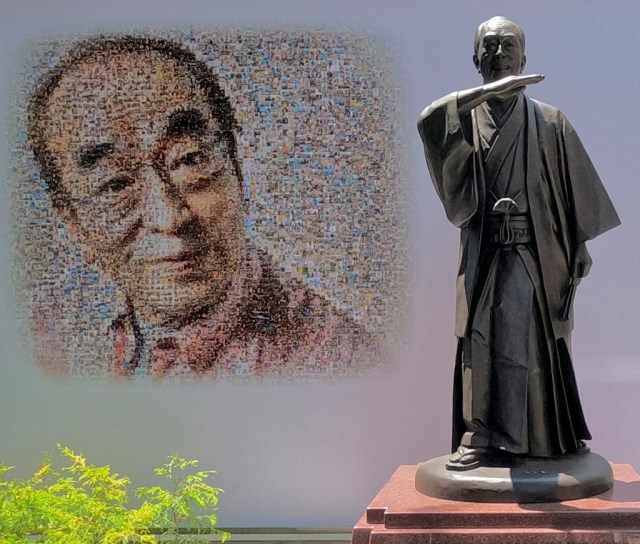
Being located right outside of a station that runs into Tokyo’s downtown district, there’s a steady flow of people walking by, but on our visit, many of them stopped to appreciate Shimura’s warm smile and snap a photo.
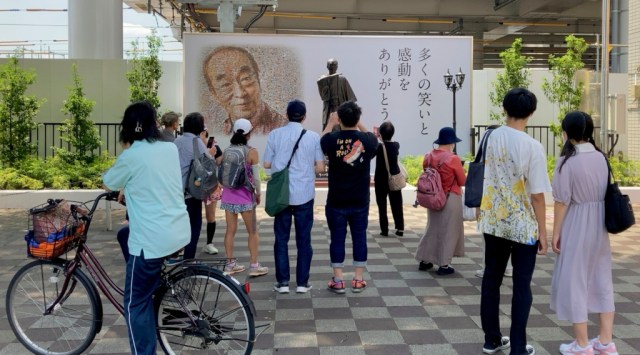
Since we’d come all the way here, we decided to extend our time in Higashimurayama by checking an udon noodle restaurant called Kosegawa, which Shimura had visited as part of a TV program highlighting local sights and businesses.

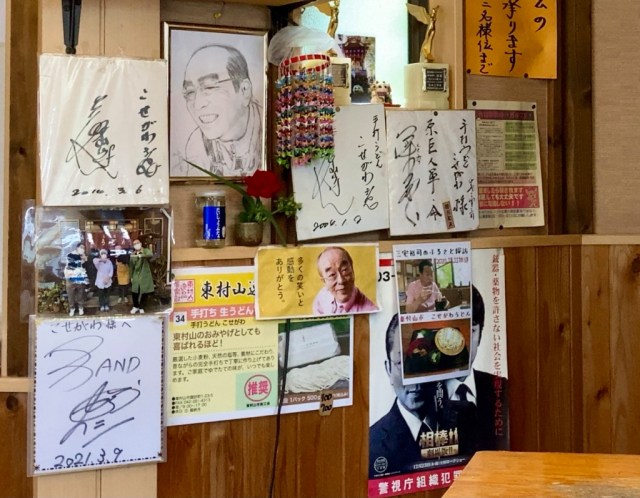
You can tell right away that the visit was a big day for the restaurant, as they’ve got photos, a screen grab of the program, and even Shimura’s autograph hanging on the wall.
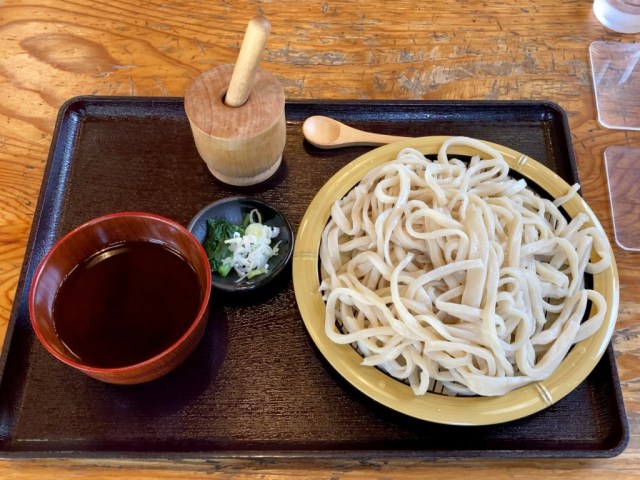

The udon tastes great, but as we happily slurped the noodles, we couldn’t help but realize that if it weren’t for Shimura’s unabashed love for his hometown, we wouldn’t have known about Kosegawa, and if not for being in the neighborhood to see his statue, we wouldn’t have had any occasion to step inside and give them our business. Odds are we’re not the only people that holds true for either.
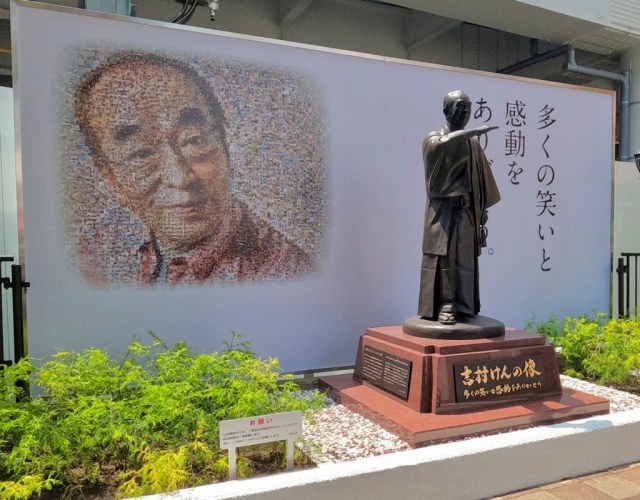
So even if he’s passed on, Shimura is still here in spirit, and still giving the neighborhood something to smile about.
Photos ©SoraNews24
● Want to hear about SoraNews24’s latest articles as soon as they’re published? Follow us on Facebook and Twitter!
Credit:

0 comments: